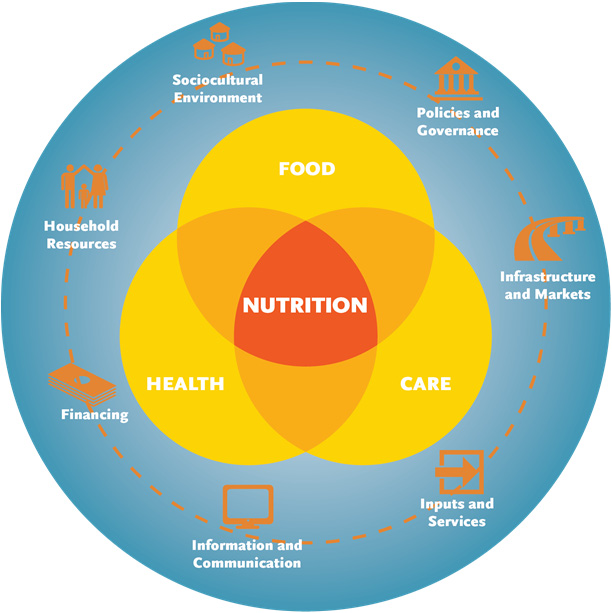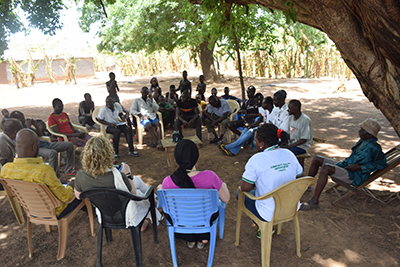Working in Partnership to End Anemia
Reducing anemia on a global scale is an urgent priority among many governments. Innovative approaches to end anemia are central to SPRING’s efforts against undernutrition. As part of these efforts, SPRING’s nutrition experts are participating in USAID’s working group on anemia. SPRING is also working with the Maternal & Child Health Integrated Program (MCHIP) and the nutrition subgroup of the CORE Group to strengthen these partners’ efforts to address anemia.

